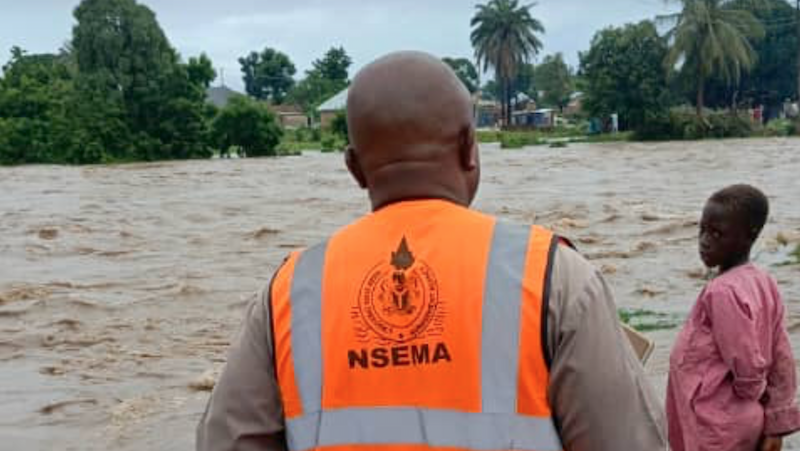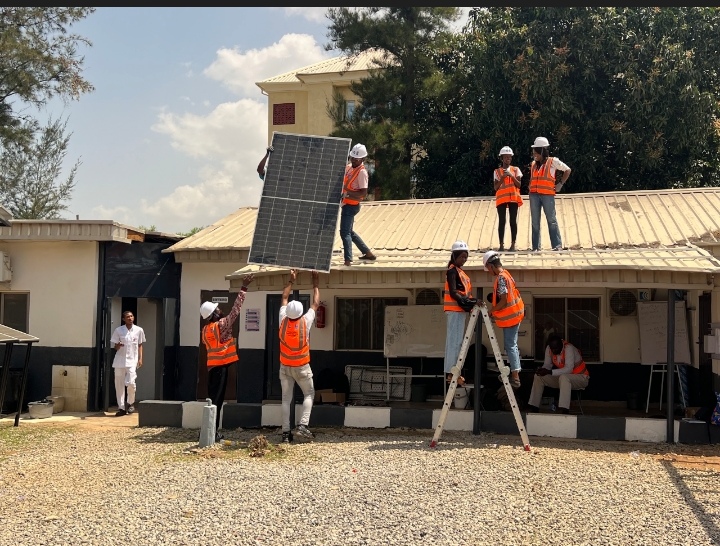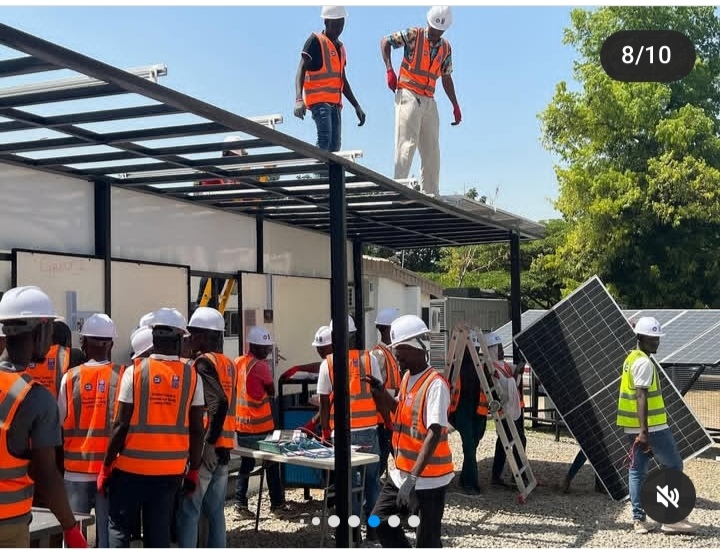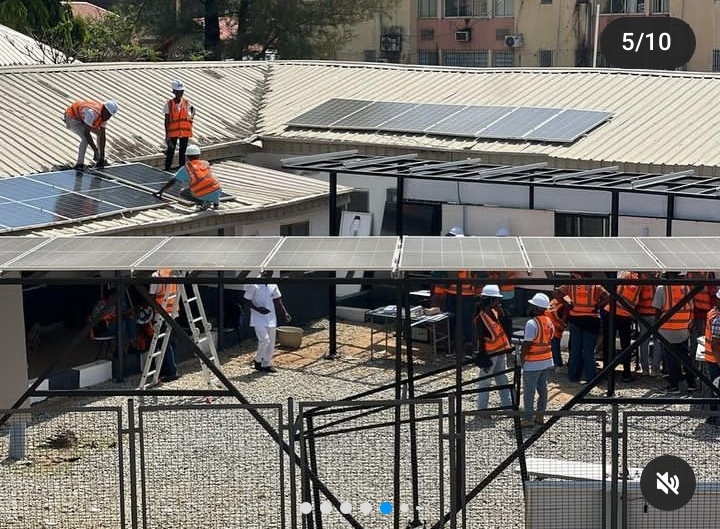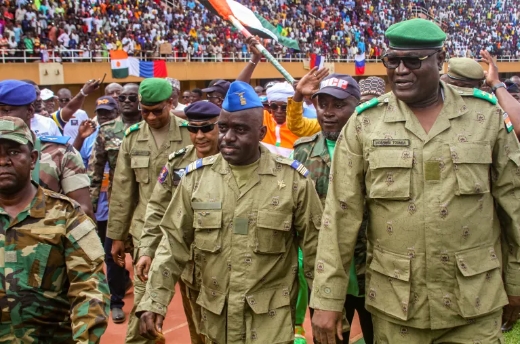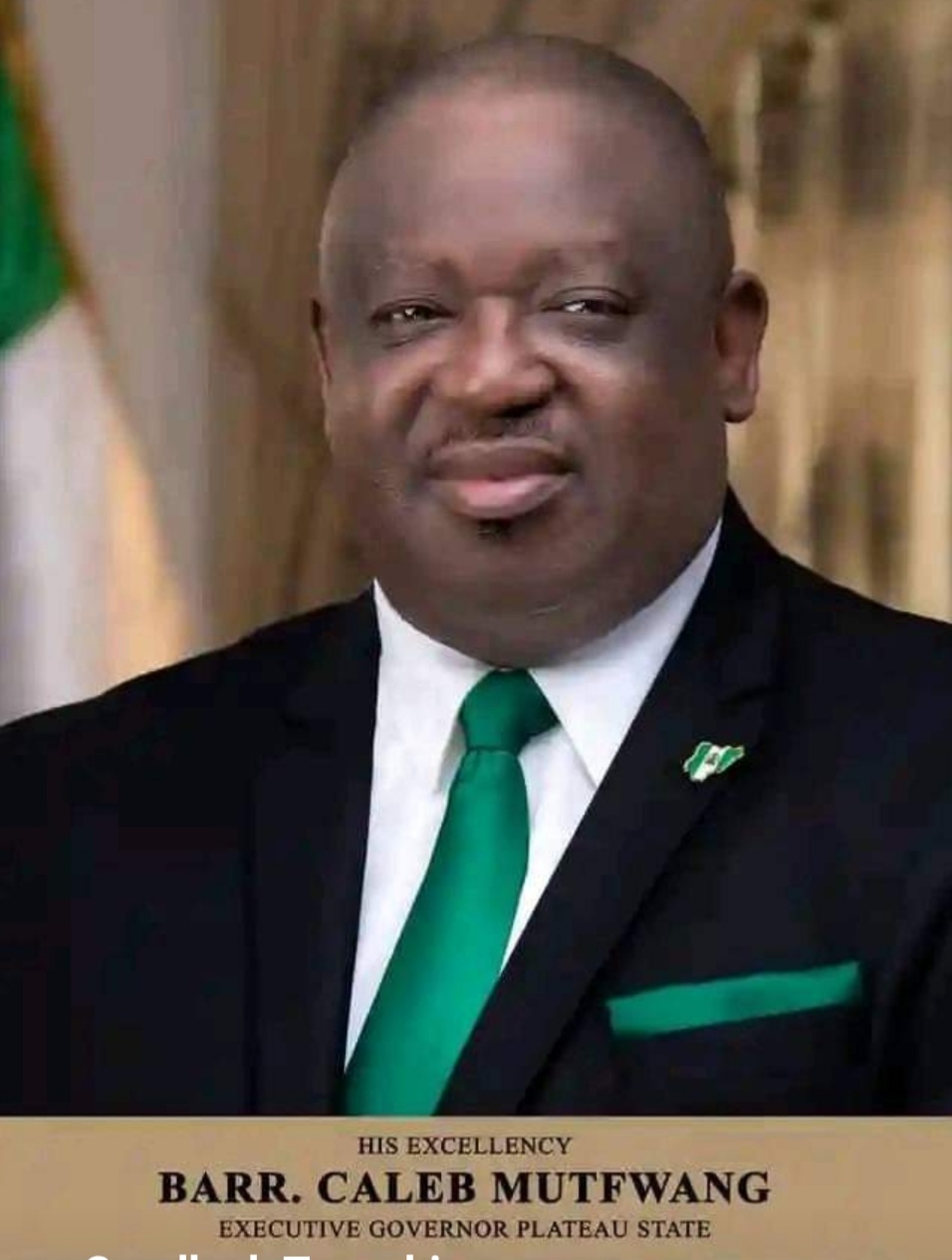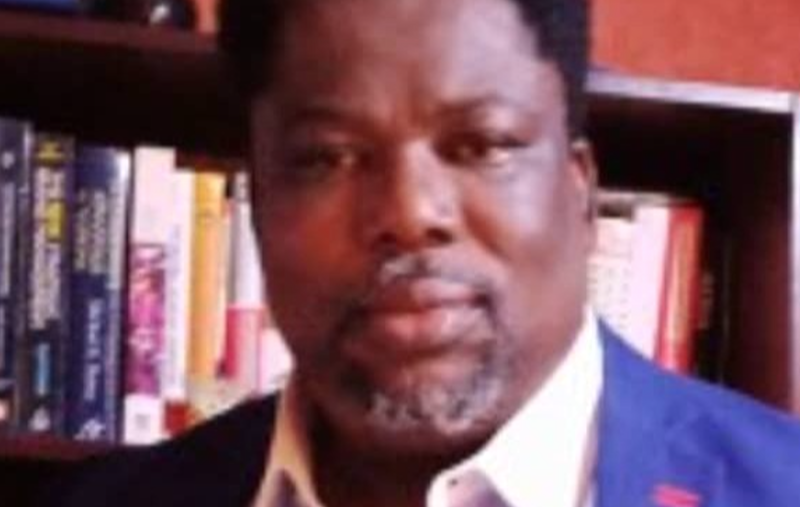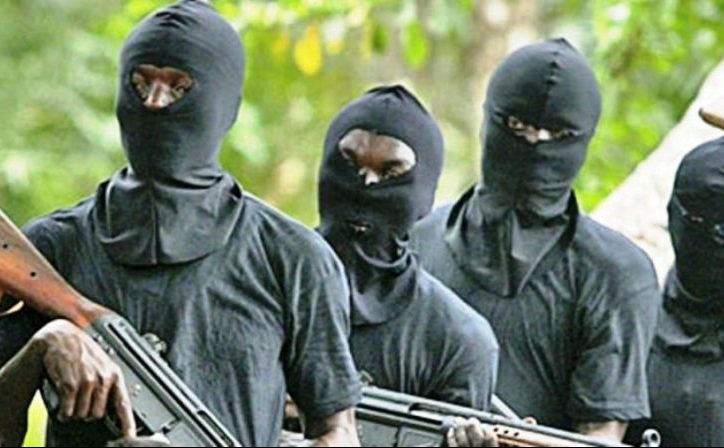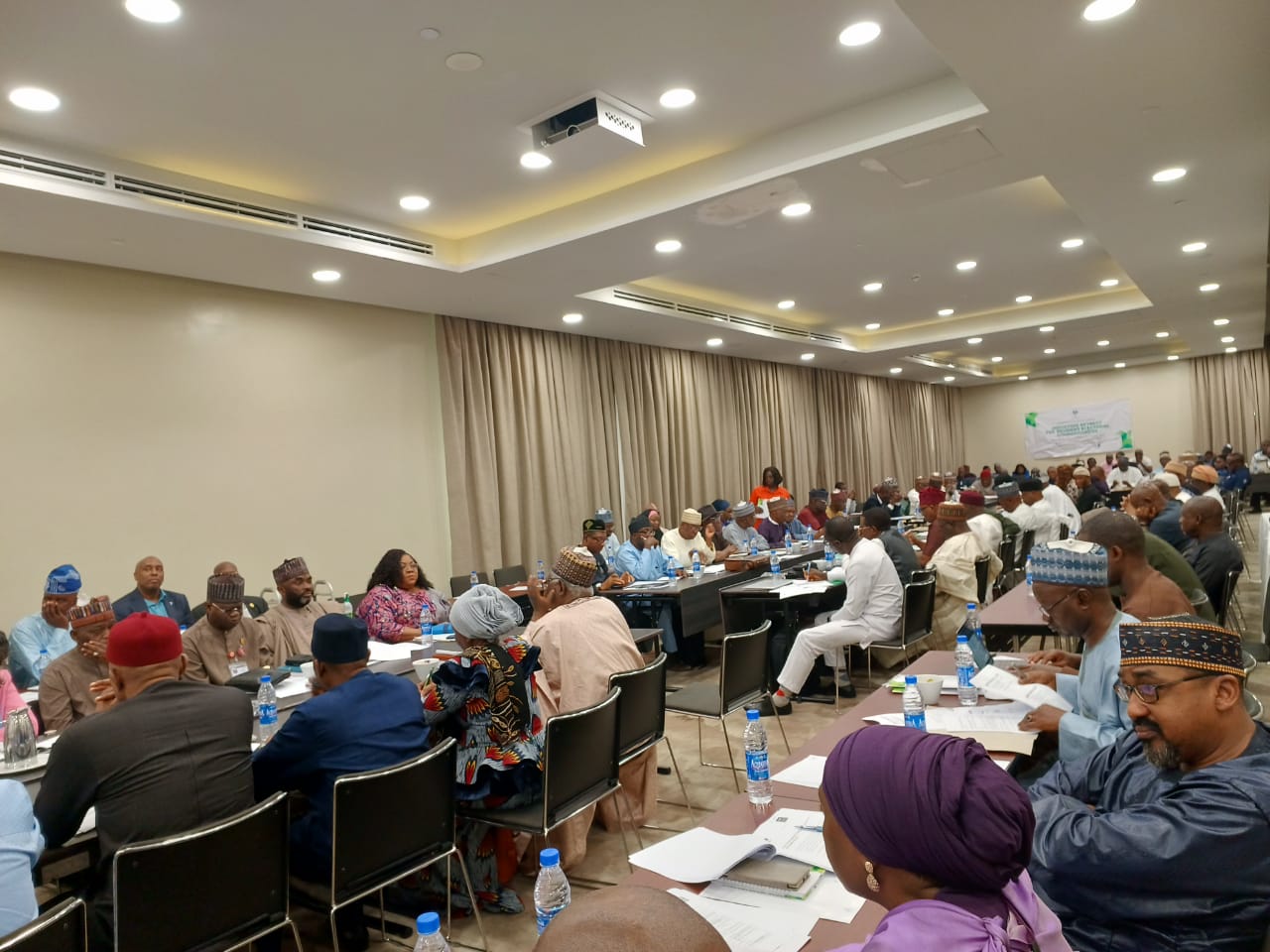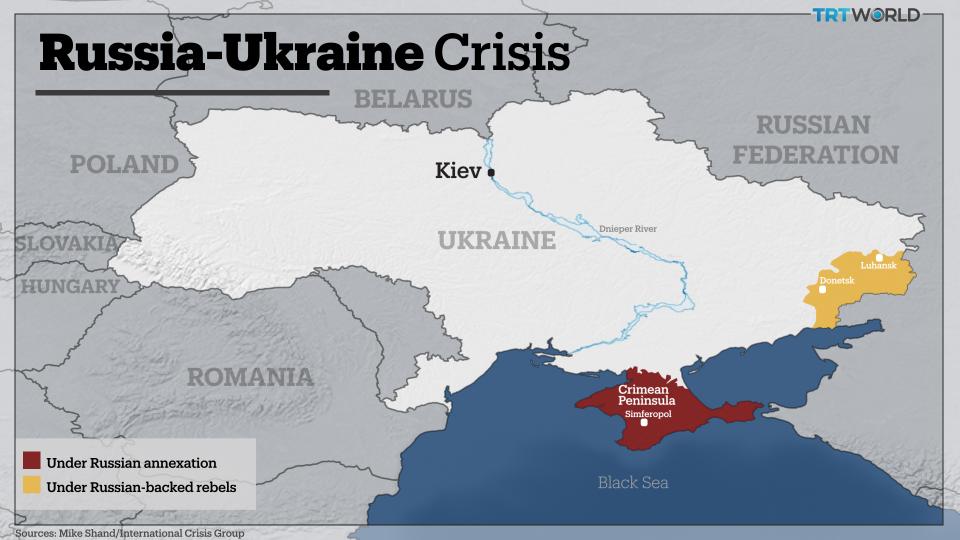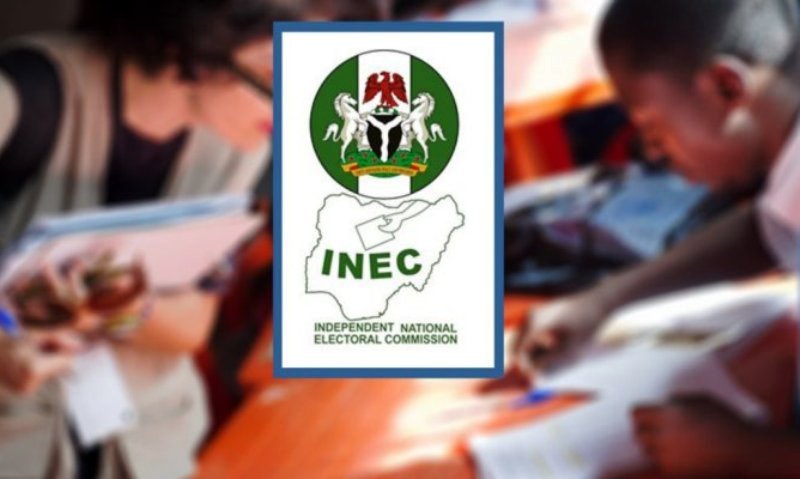By Dave Baro-Thomas
The United Nations Development Programme, UNDP – special retreat held in Kigali, Rwanda, for Nigerian state governors is novel and laudable. The objectives, contents, resources, facilitators, experts attracted, and its overall implications on the socio-economic growth and development of the country are far-reaching and valuable.
The retreat did not question the capabilities or competencies of the chief executives because some have the best education from prestigious schools around the world, such refresher courses and focused masterclasses, deepen strategies against realities and intently mirror tailor-made development tactics to drive the much-expected growth exigent to exit the nation from the woods. Undoubtedly profound, impactful and creative offering from the UNDP.
While celebrating such a resoundingly successful retreat held in one of Africa’s models of development, our governors are back to all the realities the retreat painstakingly dealt with, so what next?
Paradoxically, Nigeria, the largest economy on the continent and touted giant of Africa -with every state endowed with mineral resources, yet plagued with an estimated 130million people chronically and multi-dimensionally poor, and with the badge of dishonour as the poverty capital of the world, leave one perplexed, because the thriving of such extremities in a single country is both worrisome and ludicrous.
While some blame the constitution for the many woes, others argue that the leadership recruitment processes that threw up persons without sound characters in the last 63 years are the bane of underdevelopment and abject poverty in the country. The constitution powers the federal system of government, and it remains the only source from which the federating units derive their legitimacy and approximate their boundaries and operational latitudes.
So, for a poverty-stricken country with worsening consequences, it is imperative to eyeball the naked truths holistically, dispassionately interrogate and fearlessly locate the multifaceted dimensions of what drives poverty in the country both at the federal and state levels – because while the fixation on the failings of the federal government must not stop by an inch, however, the continuous rendezvous and the pillage at the states is inimical to national redemption.
People of good conscience beyond party lines and ethnic or religious affinities must pick up the gauntlet and give the federal government nightmares until there is a visible development. But what happens to the street corners, hamlets, villages, communities and city centres so we must ask the right questions.
It is a pastime for the average Nigerian to haul unprintable vituperations at the occupiers of Aso Rock, understandably so, because the contents in the Exclusive List of this constitutional federalism put the big envelope and buck on its table. The federal government superintends issues ranging from security to power/energy, defence, currency, citizenship, creation of states and local governments, immigration, customs, maritime, national economy, etc. and from the monthly FAAC sharing, gets a huge chunk to address these critical budget heads. But from a failing National Grid to a weak GDP showing, increasing inflationary trends, poor forex governance, broken down refineries, increasing activities of nonstate actors, unbridled insurgency, kidnapping, and violent crime, put the nation in the comity of failed States.
However, the present federal government deserves a chance, and with the ministers in place, we crave fewer summersaults and wild goose chases. Peradventure, we may see some marginal improvement in no distant future. But wait a minute, can the level of development anticipated for this nation come from the federal government alone?
Why are there no screaming newspaper headlines about the goings-on at the subnational? Do civil society groups play in that space? Are those federating units manned by elected governors or driven by medieval monarchs? Before getting depressed by the sad narratives echoing from the states, does it fall back to the constitutional crisis bedevilling the nation?
To say the 1999 constitution as amended has outlived its relevance and is inadequate for the constraints of 21st-century Nigeria is stating the obvious. The constitutional defects are almost suspected to be deliberate and reflective of the throes of military misadventures and serving the purposes of a few in the polity today.
Before letting loose the sledgehammer on the sub-national, a closer look at the constitution provides almost an alibi for the state to act irresponsibly. Terrorists ravish the nation and deal deadly blows to our communities, and this quasi-central government holds that card close to its chest. The governors pride themselves as chief security officers for themselves, their families and a few cronies. The rest can go and die. Then the question again is, who is afraid of community policing in this country?
So, Kigali has come and gone, UNDP has done its bit, you can take a horse to the river, etc., but the facts remain that the greatest bane of underdevelopment happens at the subnational. Since the fourth republic, what we have had at this level are absolute monarchs, garbed as democratic agents. Yes, we have seen few sparks like in Rivers under Wike, the uncommon development in Akwa Ibom state by the now Senate President, the incontrovertible development in Lagos, the Oshiomholes, the Zulums of this dispensation, etc., of course, we must exclude the present first-time governors otherwise, the records in the public space are a total shame if we must speak truth to power.
Almost all governors since 1999 have prided themselves in legacy projects that didn’t last four years after their exits – some of their famed projects started collapsing in their very eyes – from bad roads to broken down infrastructures that have gulped billions of Naira, the country is replete with countless failed and worthless projects commissioned with so much fanfare, as some of the fovernors cruise unaccountably with reckless abandon. The subnational atrocities thrive on patronage and threats to lives and livelihoods by most state governments’ machineries.
A visit to the website of the Federal Ministry of Foreign Affairs inundates the world that every state of the Nigerian federation has commercial deposits of mineral resources begging for explorations and investments, but what we see every month are the states cap in hand, going to Abuja for FAAC hand-outs.
It is on record from the available statistics that some states cannot general IGR that gross 5% of what they collect as a monthly statutory collectable from the federation account, and you wonder at their excuses of payment of civil servants’ salaries as reasons for non-performance, because that takes a sizeable chunk from their tills. To avoid the risk of shaming and naming some states, people should make independent inquiries about what their state generates and what it collects from FAAC monthly vis-à-vis level of development, and you wonder how some past governors become billionaires after they leave office.
Why do we see less advocacy on good governance and accountability at the subnational? Yes, there are shameful federal roads, but what about the eye sour we live with around our neighborhoods? Are we not alarmed that what we see in most of our so-called state capitals are superficial and cosmetic developments that would not stand the test of time? See the road networks between our towns and the ravishing floods around us for years. Some communities cannot boast about primary or secondary schools, but some are objects for almost yearly repairs as jobs or the boys.
The export potentials of some of these states are incredible, and strategic routes to harness these potentials are begging for attention. See the sheer criminalities happening with solid minerals in some states today.
The picture is lucid when the annual FAAC allocations of each state are published side by side with their annual IGR and the expenditures incurred for the same period under review. We may have a rethink that development will never happen wholesale until the subnational is held accountable for good governance.
After carefully evaluating the Kigali retreat and its offers for concerted and deep-rooted development, one hopes it was not another talk-shop because the next four years will be revealing, especially for the new governors.
Again, with every sense of responsibility, after the UNDP’s retreat for the governors- what next for the subnationals?
